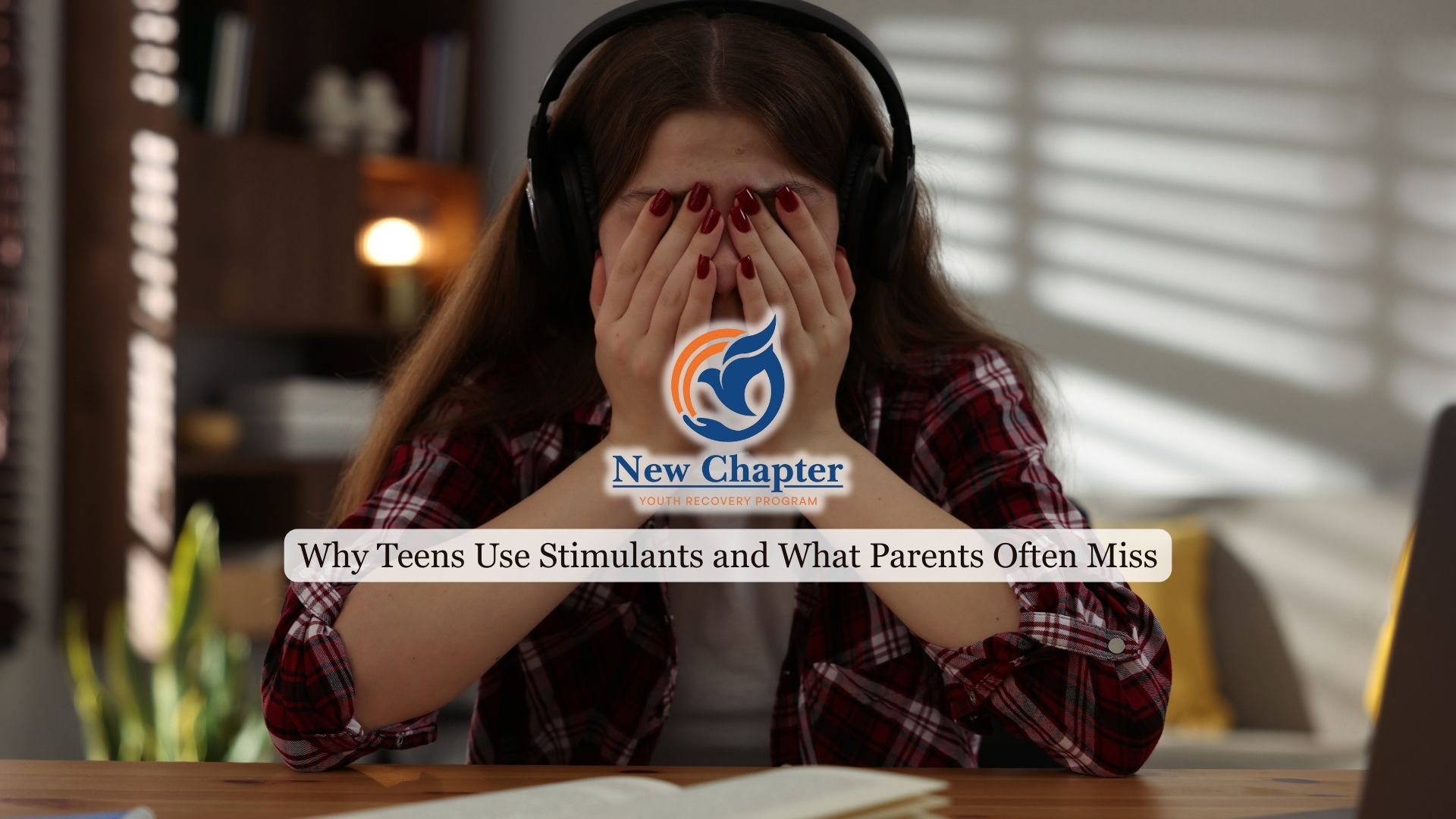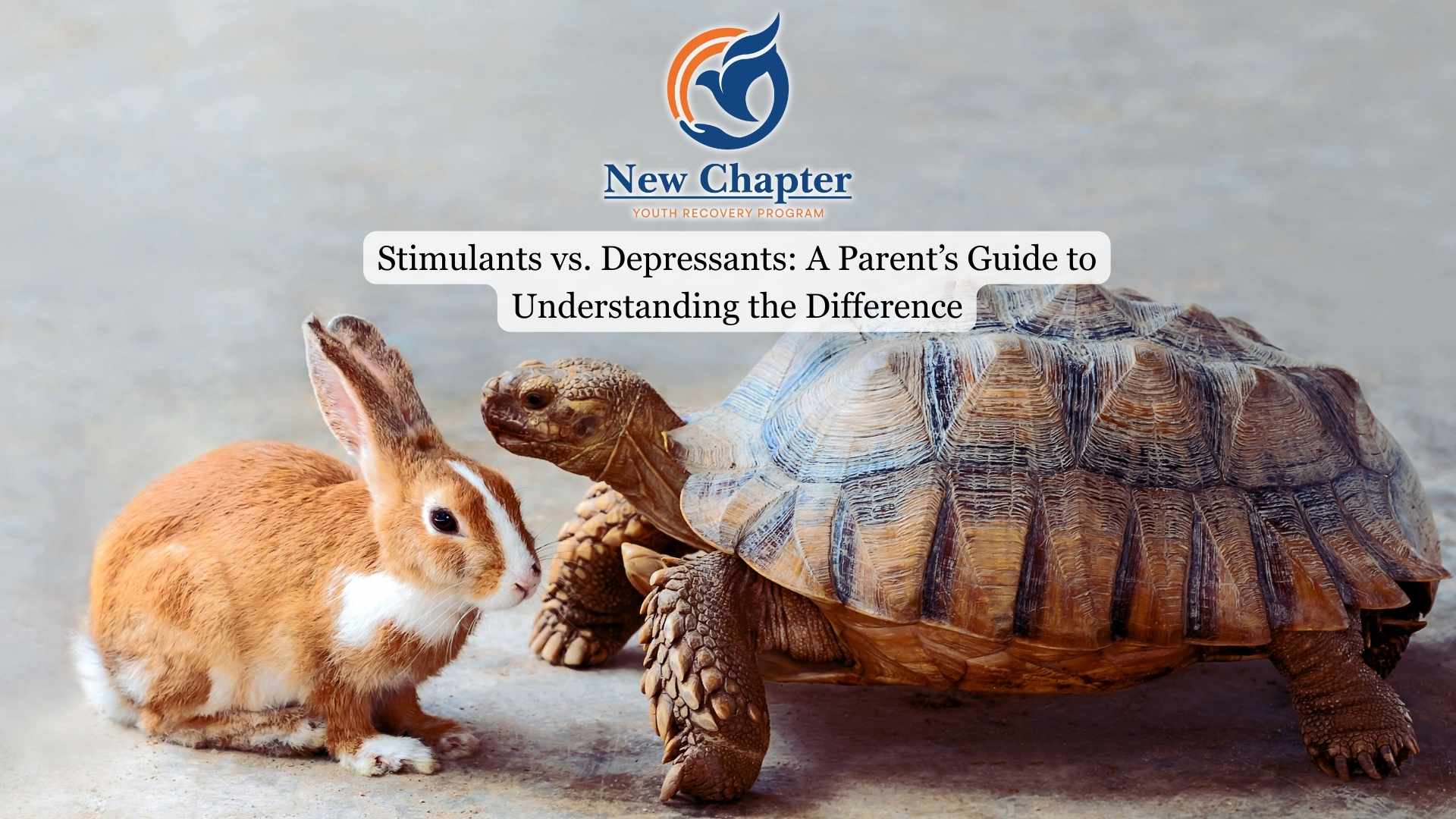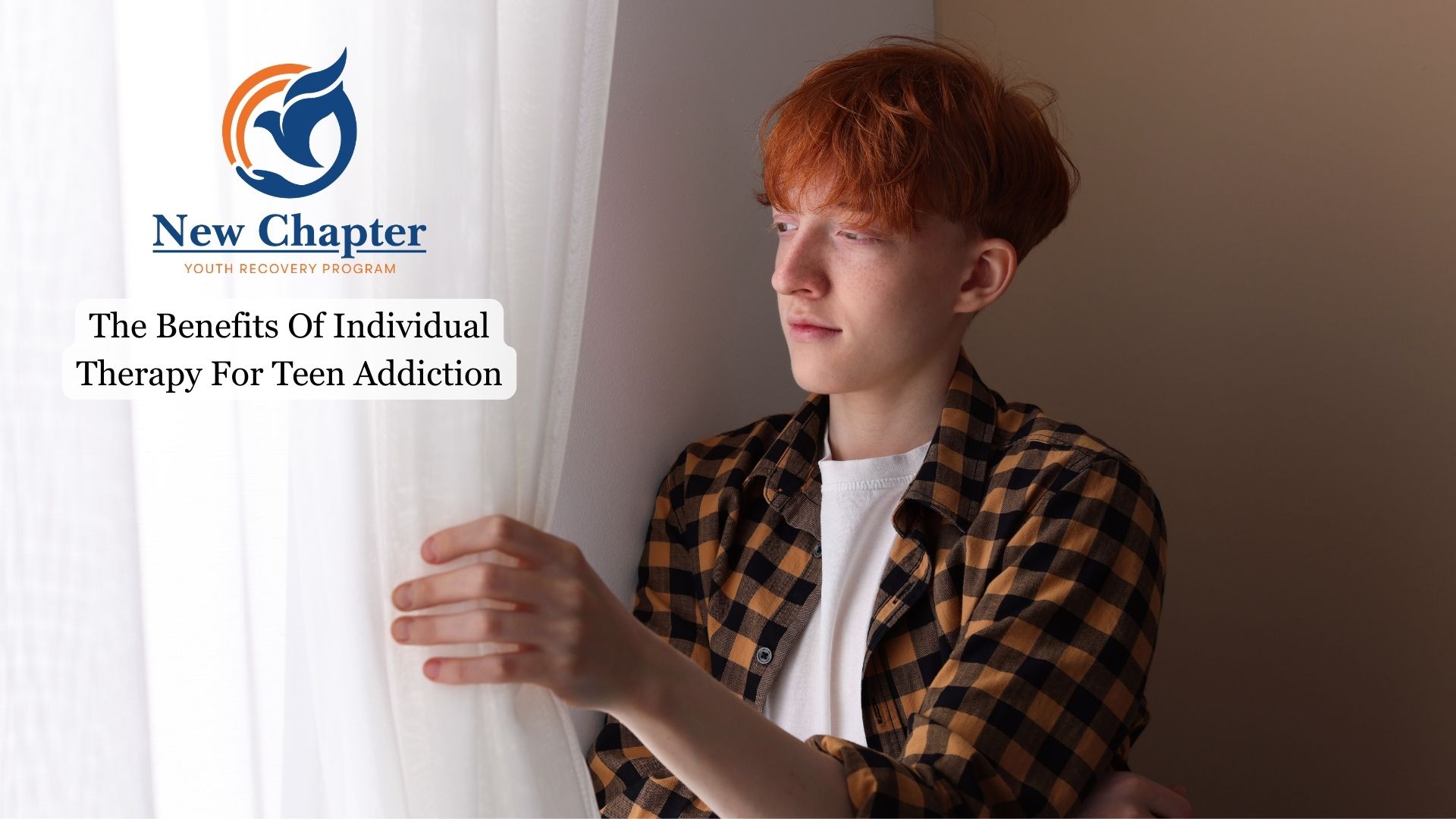As cannabis use becomes more common among adolescents, parents need to understand how it affects developing brains. The teenage years are a critical period for brain growth, and even occasional use can have lasting effects on memory, focus, and emotional regulation.
In this article, we’ll break down what science says about cannabis’s impact on the developing brain and what parents can do to support prevention and recovery.

The Teen Brain: Still Developing and Vulnerable
The human brain continues to mature well into a person’s mid-20s. During adolescence, areas responsible for judgment, impulse control, memory, and learning, especially the prefrontal cortex, are still developing. Cannabis contains THC (tetrahydrocannabinol), the main psychoactive compound that interacts with the organ’s endocannabinoid system, which regulates mood, memory, and reward.
When young people use cannabis, THC can interfere with the natural development of neural connections. This interference can weaken brain communication, disrupt concentration, and hinder emotional regulation. Young people struggling to stop should opt for New Chapter Youth Recovery’s structured teen cannabis rehab program in NJ, which can help individuals safely manage withdrawal, address behavioral triggers, and rebuild healthy coping mechanisms.
How Marijuana Affects Memory, Learning, and Motivation
THC disrupts activity in the hippocampus, the part involved in forming new memories. Regular use often leads to difficulties retaining information and focusing in school, contributing to academic decline.
Beyond academics, cannabis can also alter motivation levels. Some young users experience what’s known as “amotivational syndrome,” where they lose interest in goals or responsibilities. This lack of motivation isn’t just a phase. It can stem from how THC interacts with dopamine, the brain’s reward chemical. When dopamine pathways are overstimulated, natural motivation to pursue long-term rewards can decrease.
Emotional and Mental Health Consequences
Cannabis use not only affects thinking, but it can also influence emotions and mood stability. Young users are more likely to experience anxiety, depression, and irritability. Depression linked to substance abuse can deepen emotional struggles, creating a cycle of dependence that’s difficult to break. Heavy or early exposure may even trigger psychotic symptoms in those predisposed to mental health disorders.
It linked adolescent cannabis use to a higher risk of developing substance use disorders later in life. Because the developing brain is more adaptable (a process known as neuroplasticity), it also means it’s more vulnerable to addiction. Chronic intake can cause it to rely on external chemicals for pleasure and stress relief, rather than its natural systems.
The Impact on Decision-Making and Risk Behavior
Young people who use cannabis may also engage in more risk-taking behaviors. Since THC impairs the prefrontal cortex, the decision-making hub, users may have difficulty assessing consequences or recognizing danger. This can lead to reckless driving, unsafe social behavior, or experimenting with other substances.
Research shows that cannabis use can lower inhibitions and increase impulsivity. This may contribute to long-term decision-making problems, especially if it becomes a coping mechanism for stress or emotional pain.

Signs Your Teen May Be Using Marijuana
Parents often struggle to tell the difference between normal adolescent behavior and signs of drug use. Some common indicators include sudden drops in academic performance, secretive behavior, peer pressure, and mood swings. You may also notice physical signs such as red eyes, constant hunger, or the smell of smoke on clothes or belongings.
While it’s important not to jump to conclusions, open communication is key. Ask calm, nonjudgmental questions and focus on understanding rather than accusing. Young people are more likely to be honest when they feel supported rather than punished.
Supporting Your Teen Toward Recovery
If you suspect or know your child is using cannabis, early intervention is essential. Open discussions about brain health, consequences, and emotional well-being can make a difference. Seeking professional help from adolescent-focused programs can help them understand the root causes of their use, build coping skills, and set healthier goals.
Evidence-based approaches, such as cognitive-behavioral therapy (CBT), motivational interviewing, and family counseling, can support lasting recovery. These methods help rebuild trust, strengthen decision-making skills, and manage emotions without relying on substances.
Final Thoughts from New Chapter Youth Recovery
Cannabis may seem harmless to some, but its effects on the developing brain can be lasting and serious. Understanding how THC interferes with brain growth, emotional regulation, and motivation is crucial for parents who want to protect their child’s future. With awareness and early action, families can make informed choices that prioritize long-term mental and emotional health.
At New Chapter Youth Recovery, we specialize in helping adolescents overcome substance use with evidence-based care that addresses both the emotional and neurological aspects of addiction. Our marijuana addiction treatment program for teens in New Jersey provides the guidance and structure young people need to rebuild confidence, reconnect with family, and rediscover their purpose.






